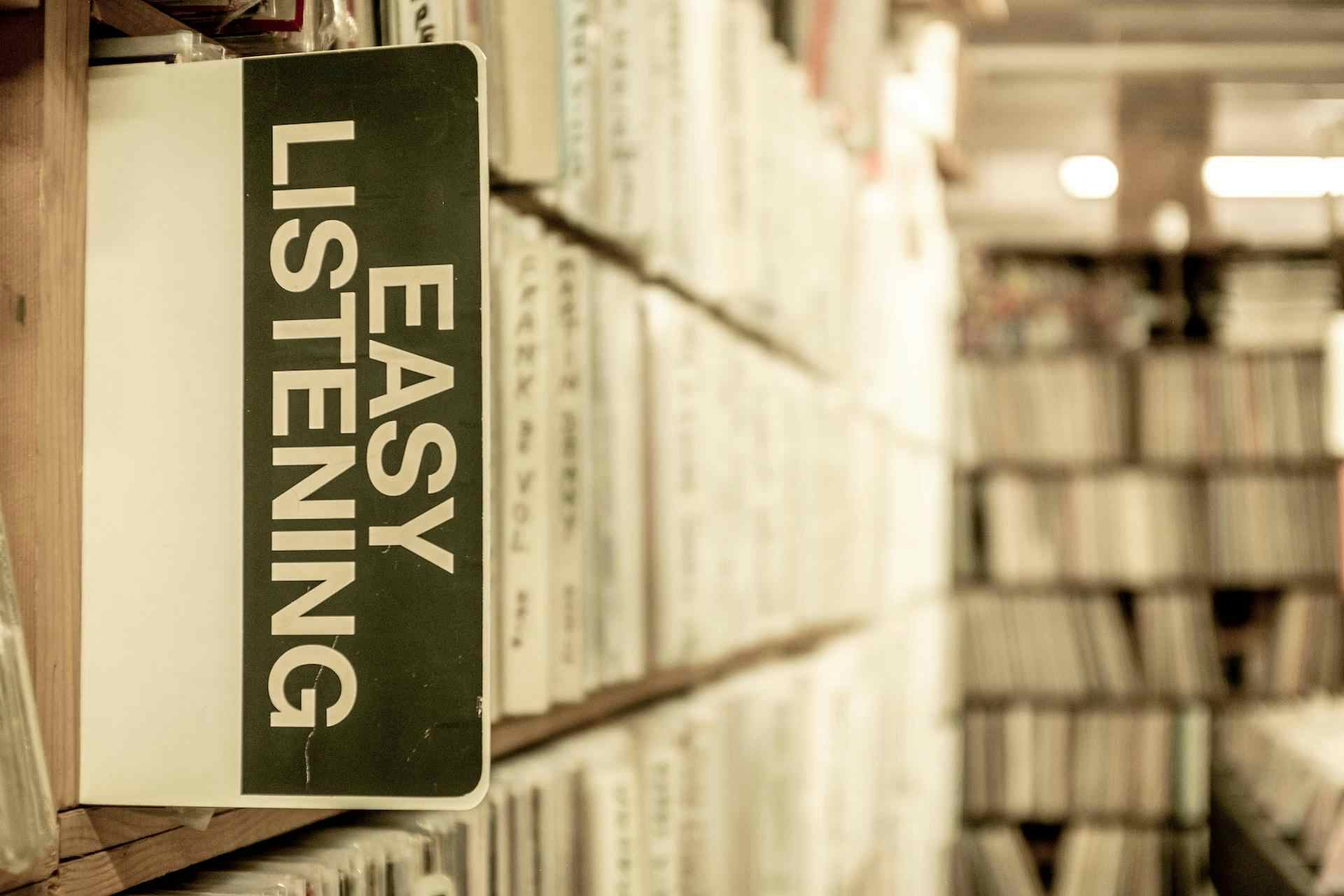The concept album has been around since there have been albums. Most classical music is based on a theme. The Four Seasons, The Planets, and The New World Symphony are just three of many. Among albums that could be labelled 'concept albums,' you could also include soundtrack albums, cast recordings, Christmas albums and live albums
First steps
Frank Sinatra’s In the Wee Small Hours is frequently said to be popular music’s first concept album because the track sequence created a flow resembling a narrative. Some go back a little further to the 1940s and Woody Guthrie's Dustbowl Ballads. Others claim The Beatles’ Sgt Pepper's Lonely Hearts Club Band is the first proper pop concept album. We are, however, talking about a substantial body of music.
What are we talking about?
Here, I will stick with a group of rock albums with a single unifying narrative or theme running through them, like Tommy by The Who or Rick Wakeman's Journey to the Centre of the Earth.
Albums based on an original story, novel, or lengthier compositions that form a complete work in the same way that a classical symphony might. Tubular Bells by Mike Oldfield being an example of that category.
Enter 1970
Unless you are an early baby boomer, then, like me, the 1960s were not a time of peace and free love. I clearly remember the Beatles and the Stones, JFK, and the Cuban missile crisis. However, these were things that just happened, and I didn't have any real involvement. Fishing, reading the Eagle, and going to school were the 60s for me. I didn’t catch up until 1969, when I bought Abbey Road the day it came out with my first pay packet.
A change of direction
At the start of the 1970s, there was a widening spilt in popular music. Mainstream pop and rock had started to go their separate ways, and as a teenager, you couldn't have your foot in both camps. Looking at the charts in July 1967, when the Summer of Love was at its zenith, Procol Harum's Whiter Shade of Pale, The Beatles' All You Need is Love, and The Monkees' Alternate Title lorded it at numbers one, two and three. Four years later, in July 1971, Chirpy Chirpy Cheep Cheep by Dawn, Co-Co by The Sweet, and Don't Let it Die by Hurricane Smith held the same positions.
The rise of the album
In the mid-sixties, pop musicians had started experimenting with musical forms not previously associated with pop music. Influenced by classical music and jazz, there was more interest in improvisation and more emphasis on solos and virtuosity. As a consequence, tracks were getting longer to accommodate this new approach. The three-minute love song, formally the mainstay of popular music, didn’t fit with the new progressive rock. If you were at all ‘serious’ about music, the album was where it was at.
Money. It’s a gas
Record labels, typically under the leadership of a charismatic Svengali figure, got rich and weren't afraid to splash the cash. The upshot being that by the first half of the 1970s, bands had greater artistic freedom than at any other time. Many were handed disgustingly large wads of cash, sent up a Welsh mountain and told to come down with a classic album. Surprising, quite a few did.
Stories and sounds
Given greater artistic freedom and an eagerness to push musical boundaries, creating a concept album was an attractive road for a band to follow. Western narrative and western music have a similar structure and work well together. Stories and dramas introduce characters, create a conflict, build to a climax, and finally resolve in a similar manner that you’d expect from a piece of western music. Rock musicians embraced the concept album because of the synergy that narrative and music have and because of the possibilities it can create. Sixty to ninety minutes of record space gives you plenty of musical opportunities.
All you need is Tarkus
The concept album allowed musicians time to develop ideas and the scoop to stretch the limits of music. Most commercial pop songs are about love and, while there have been some great rock songs on this subject, romance doesn’t entirely suit the rock medium. Ask Keith Emerson to write an album about a giant armadillo on tank treads, living in a post-apocalyptic world, or battling cybernetic creatures, no problem!
The end of the concept album?
By the middle of the 70s, prog rock and the concept album were fading. Most of the prog rockers like Genesis, Yes, Jethro Tull, and ELP had done one, as had David Bowie, Frank Zappa, The Eagles, The Who (a second), Marvin Gaye and Willie Nelson.
Things were changing, though. Other forms of music like reggae, funk, and disco were lighting us up again. Then punk burst on to the scene. You didn’t need to be a virtuoso musician, and the songs were short and intense.
Not just yet!
The concept album still had some life in it, and there were a couple of heavy hitters to come. In 1978, Richard Burton's silky baritone informed us, ''No one would have believed in the last years of the nineteenth century that this world was being watched.'' With that began the musical version of War of the Worlds. It sold 15 million copies worldwide.
Then in November 1979, Pink Floyd released The Wall. The album is included in Rolling Stone's Greatest Albums of All Time, sold 30 million copies, and is considered by many to be the best concept album ever.
Still going strong
Today, concept albums are often thought of as archaic. Films like Spinal Tap lampooning prog rock and the concept album, portraying them as pretentious, over-blown, and self-indulgent affairs, tend to be the way we look back at this period. Despite this, the concept album is still out there and is thriving. Hip hop and rap artists have used it to illustrate contemporary issues affecting young people today. According to music critic Ann Powers, hip hop and rap have “revitalized the concept album around autobiographical narratives and personal themes, such as intimacy, intersectionality, African-American life.” Past artists from Anton Vivaldi to Woodie Guthrie to Roger Waters to Jay-Z have all embraced the concept album. By the look of things, musicians will continue to do so.
Image Credit: Joshua Olsen at Unsplash









